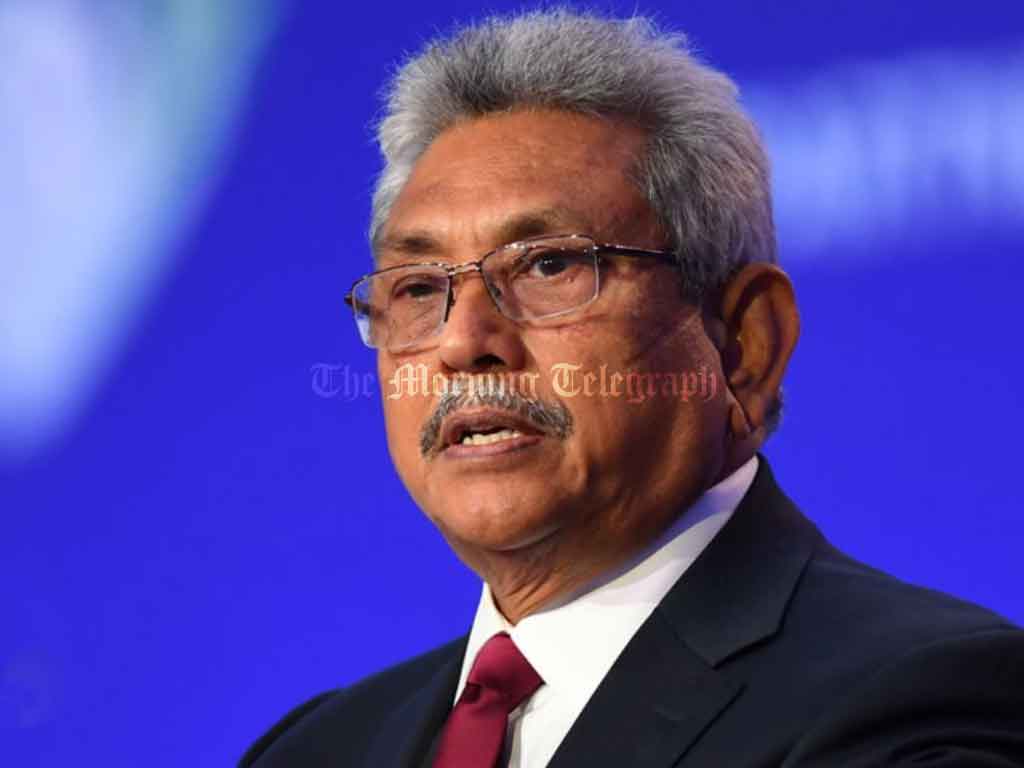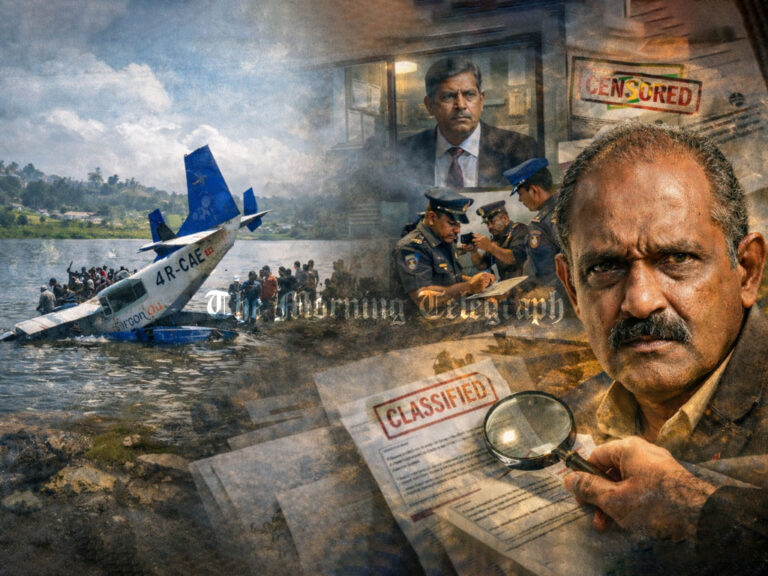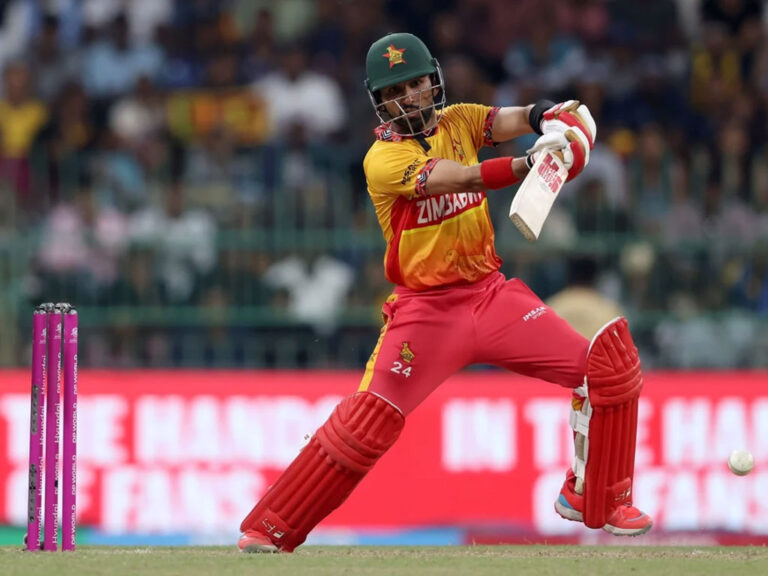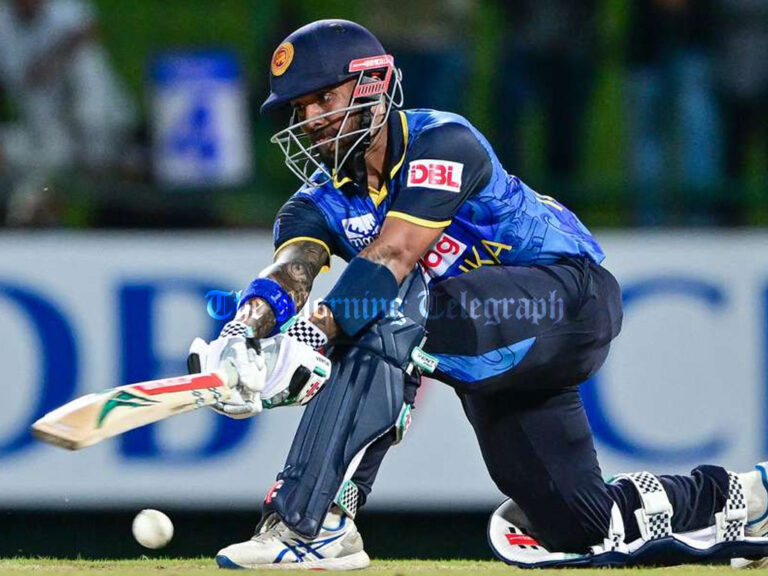
The government has refuted claims that former President Gotabhaya Rajapaksa was the sole cause of Sri Lanka’s economic crisis, with Deputy Minister Chaturanga Abeysinghe stating in Parliament that such assertions are misleading.
Abeysinghe addressed the notion that the crisis began during Rajapaksa’s tenure, calling it false. He clarified that the roots of Sri Lanka’s economic troubles stem from poor economic policies dating back to 1977, long before Rajapaksa assumed office. The Deputy Minister argued that the country was already in a state of bankruptcy by 2019, even before Gotabhaya Rajapaksa was elected president.
While Rajapaksa’s presidency was marked by widespread public unrest, which culminated in mass protests in 2022 and his eventual ouster, the Deputy Minister emphasized that the current economic crisis is a culmination of decades of poor governance and economic mismanagement, not solely the actions of Rajapaksa’s administration.
The former president faced intense criticism during the crisis, particularly for mismanagement that led to severe shortages of essential goods like fuel and gas. Despite the public backlash, the government now maintains that the economic collapse cannot be attributed to Rajapaksa alone.




